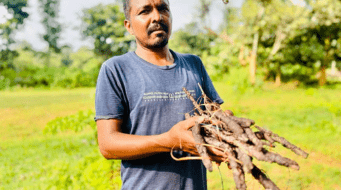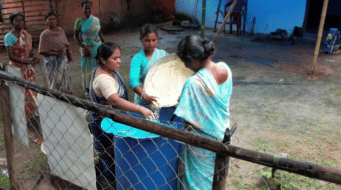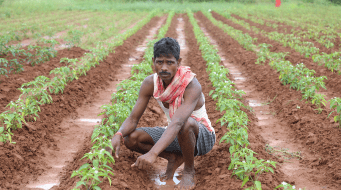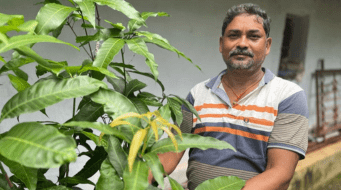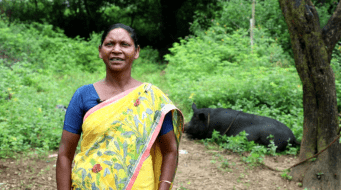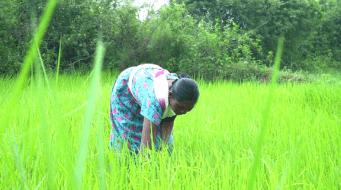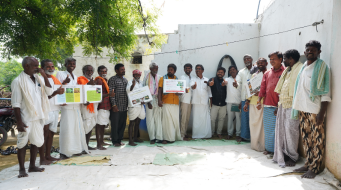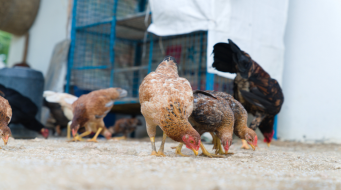Anuj Mundu, 40, says he went around the whole country searching for money, only to find the ‘paise wale ped’ (money making trees) at home. A resident of Rumutkel village, a hamlet of 144 households in the hilly, remote interiors of Jharkhand’s Khunti district, Mundu, who until some years ago, was forced to migrate to cities to find work, has been cultivating lac, a high-value non-timber forest product, on ber and kusum trees the last five years.
Sign up for our newsletter
Keep up with the latest news and updates.
Subscribe to ‘Rejuvenate’ – our Monthly News Digest.

